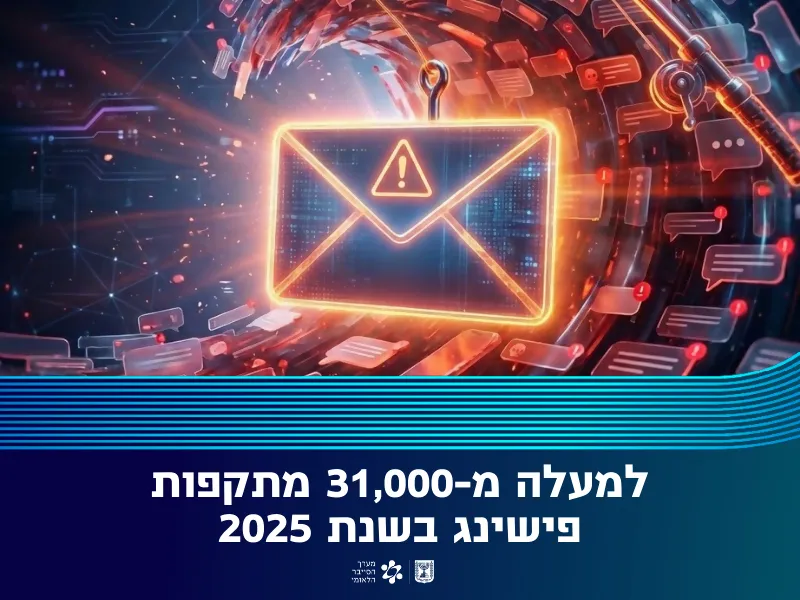Jerusalem, 31 July, 2025 (TPS-IL) — California-based Palo Alto Networks confirmed reports that it will acquire Israeli cybersecurity firm CyberArk in a $25 billion deal, the second-largest foreign acquisition of an Israeli company.
“This is a profound moment in CyberArk’s journey,” said Udi Mokady, founder and executive chairman of the Petah Tikva-based CyberArk. “From the beginning, we set out to protect the world’s most critical assets, with a relentless focus on innovation, trust, and security. Joining forces with Palo Alto Networks is a powerful next chapter, built on shared values and a deep commitment to solving the toughest identity challenges.”
“Our market entry strategy has always been to enter categories at their inflection point, and we believe that moment for Identity Security is now,” said Nikesh Arora, Chairman and CEO of Palo Alto Networks. “Today, the rise of AI and the explosion of machine identities have made it clear that the future of security must be built on the vision that every identity requires the right level of privilege controls — not the ‘IAM fallacy.’ CyberArk is the definitive leader in Identity Security with durable, foundational technology that is essential for securing the AI era.”
The agreement will see CyberArk shareholders receive $45.00 in cash and 2.2005 shares of Palo Alto Networks stock per CyberArk share — a 26% premium over CyberArk’s 10-day average share value as of July 25.
The acquisition marks a major expansion into Identity Security, positioning the Palo Alto Networks to meet the growing challenge of securing human, machine, and AI identities. It also establishes Identity Security as a core platform within Palo Alto Networks’ multi-platform strategy, complementing its Strata and Cortex platforms and expanding its ability to deliver identity-aware, AI-powered security in near real-time, the company said.
The combined platform aims to offer enterprises unified protection against identity-based threats, particularly in the context of agentic AI — autonomous AI agents that act with privileged access. According to both companies, enforcing least privilege and just-in-time access policies on these agents is essential to prevent misuse and maintain oversight in increasingly automated systems.
The deal has been unanimously approved by the boards of both companies and is expected to close in the second half of Palo Alto Networks’ fiscal year 2026, pending shareholder and regulatory approvals. Palo Alto Networks expects the transaction to be immediately accretive to its revenue growth and gross margins, with further accretion to free cash flow per share anticipated by fiscal year 2028.
“The combination of our companies will deliver the optimal blend of best-of-breed technology and integrated platforms,” said Arora. “Together, we will define the next chapter of cybersecurity.”
Mokady echoed the sentiment, saying, “This is more than a combination of technologies — it’s an acceleration of the mission we began over two decades ago. I’m incredibly proud of what our team has built and deeply grateful to everyone who made this milestone possible.”
The largest acquisition of an Israeli tech company was in March when Alphabet, Google’s parent company, agreed to acquire Israeli-founded cybersecurity firm Wiz in a $32 billion all-cash transaction.































